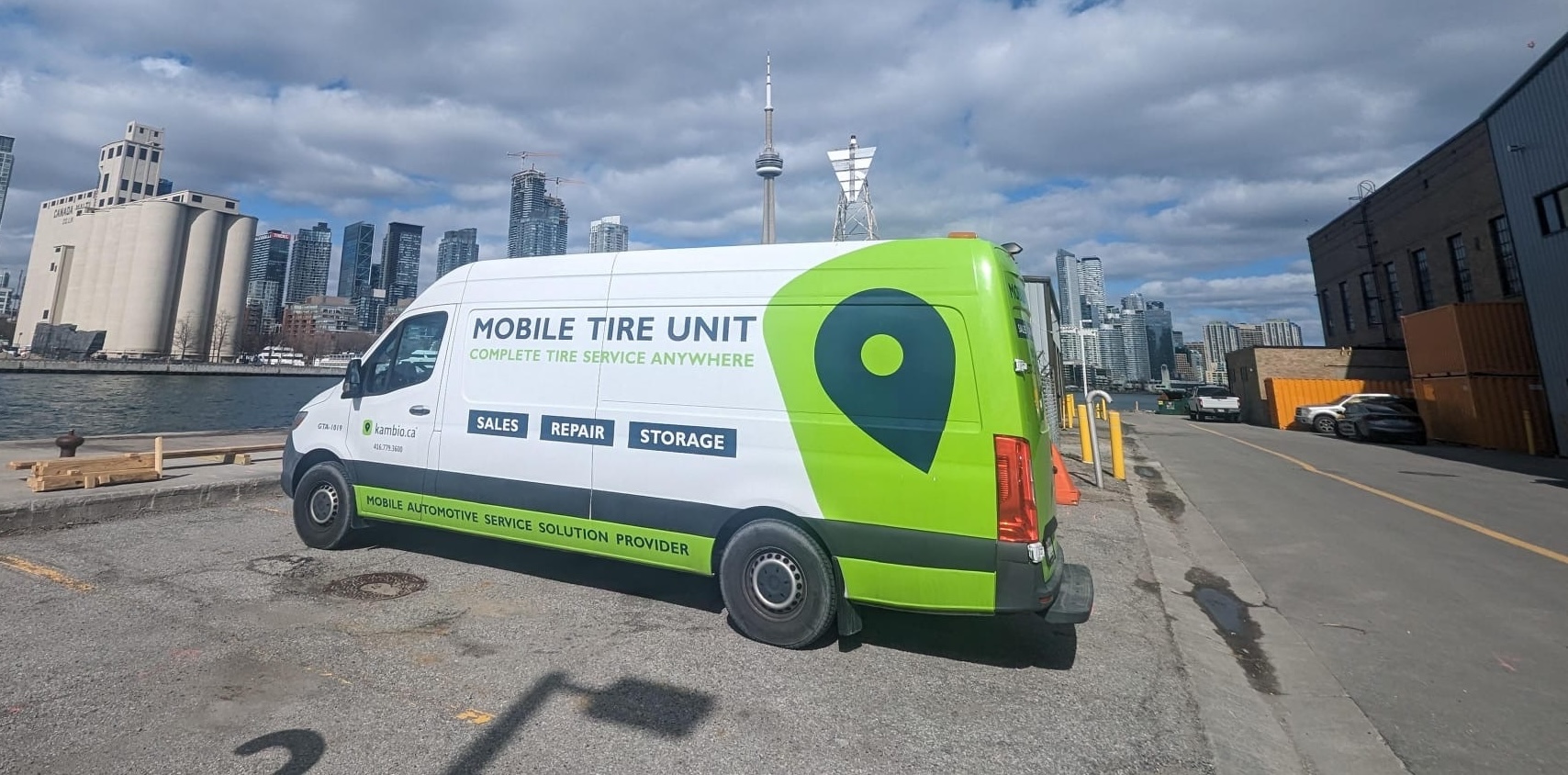Reducing Fuel Costs in Fleet Management
Imagine a world where your vehicles travel further while spending less on fuel. That’s the heart of fleet fuel efficiency. It’s not just a dream; it’s a goal that many fleet managers are making a reality. For example, a logistics company might find that switching to hybrid vehicles can cut fuel costs by 20%.
Another company may discover that better route planning reduces unnecessary miles and, consequently, fuel consumption. With fuel prices soaring, it’s never been more critical to understand the nuances of fleet fuel efficiency. Let’s check the details.
Strategies for Reducing Fleet Fuel Management
Here are the fuel-saving strategies for proper fleet management:
1. Optimize Routes and Vehicle Loads
Combining efficient route planning with load management is essential. Use advanced route optimization software to find the shortest and quickest paths to reduce drive time and fuel use. At the same time, lighten the load by removing unnecessary equipment or cargo, as carrying extra weight increases fuel consumption. For example, a delivery company might use software to plan routes that avoid congestion and ensure that vehicles are loaded to optimal capacity, balancing the weight distribution to boost fuel economy.
2. Encourage Fuel-Efficient Driving Habits
Reducing fuel consumption can often be achieved with simple fuel-efficient driving tips. A local florist with a small delivery van fleet could see significant savings by training drivers in eco-driving techniques such as smooth acceleration and deceleration. By doing so, they not only reduce fuel use but also lower maintenance costs due to less wear and tear on the vehicles.
Train your drivers in eco-driving techniques such as smooth acceleration, braking, and maintaining steady speeds. Set speed restrictions to encourage this behaviour. For example, a transportation service could conduct workshops on these practices and monitor compliance through telematics, leading to a culture where drivers are conscious of their driving patterns and their impact on fuel efficiency.
3. Reduce Idle Time and Embrace Smooth Roadways
Train drivers to minimize idle time and choose routes with smoother surfaces to conserve fuel. For example, a construction company’s fleet manager might encourage drivers to switch off engines when waiting at job sites and select highways over rough terrain where possible, reducing fuel consumption due to lower resistance.
4. Use Fleet Management Software
Employ fleet management software and telematics to gain detailed insights into vehicle performance, fuel usage, and driver behaviour. Partnering with a telematics provider can offer access to data analytics, enabling targeted strategies for fuel saving. For example, a logistics fleet might use this technology to identify which vehicles idle excessively, then address this through driver training or policy changes.
5. Stick to Proactive Vehicle Maintenance
Regular and preventive maintenance, including servicing engines, maintaining the oxygen sensor, and keeping tires properly inflated, is key to optimal fuel use. Establish a regular vehicle maintenance system that checks these aspects, as a well-maintained vehicle consumes less fuel. A courier fleet, for instance, could schedule monthly check-ups to ensure that all vehicles are in top condition, avoiding fuel wastage due to underinflated tires or inefficient engines.
6. Upgrade to High-Efficiency Vehicles and Tires
If your budget allows, upgrade your fleet with modern, fuel-efficient vehicles and invest in low-rolling resistance tires. These tires lower the energy wasted as heat, improving fuel efficiency and minimizing fuel expenses. An example could be a taxi company that gradually replaces old sedans with hybrid models equipped with energy-efficient tires, thereby reducing their overall fuel costs and carbon footprint.
7. Implement a Comprehensive Fuel Management System
Use fuel cards to track and manage fuel expenditures and consider exploring electric vehicles (EVs) for suitable segments of your fleet. A strategic shift to EVs can be costly initially but may result in significant savings. A municipal fleet could offer a pilot program with a few electric service vehicles and measure the cost benefits, which could be substantial over time.
8. Match Vehicles to Routes and Transition to Alternative Fuels
Carefully match the vehicle type and engine size to the route and cargo needs to avoid wasting fuel. Moreover, plan for a future that includes alternative fuel options. A distribution company, for example, might use compact vans for city deliveries and larger trucks for long-distance hauling, ensuring that each vehicle is just right for its task. They could also begin testing biofuel or natural gas vehicles for certain routes as part of a sustainable fuel strategy.
By integrating these tips into your fleet management operations, you can achieve a more efficient fleet with lower fuel costs, which also contributes to the well-being of the environment.
Benefits of Cost-Effective Fleet Operations
Cost-effective operations are about smart investments, not just cutting corners. For instance, a city bus fleet might spend more upfront on electric buses. While the initial cost is high, the long-term savings are substantial — both in fuel costs and environmental impact. These buses also benefit from tax incentives and grants, showing how spending more can actually be an investment in savings.
Let’s check what benefits you get with proper fleet management:
- Cost Savings: By implementing these strategies, companies can expect to see a substantial decrease in their fuel expenses.
- Environmental Impact: Reduced fuel consumption leads to lower greenhouse gas emissions, contributing to a healthier planet.
- Operational Efficiency: With optimized routes and vehicle use, fleets can achieve more with less, leading to increased productivity and profitability.
- Maintenance Reduction: Proactive maintenance and the use of high-quality vehicles and parts can decrease the frequency and cost of repairs.
- Sustainability: Transitioning to electric vehicles and alternative fuels prepares businesses for a future with potentially stricter environmental regulations and public expectations.
- Competitive Advantage: Companies that manage their fuel efficiently can gain a competitive edge by offering more sustainable services without the added costs.
- Driver Satisfaction: Drivers trained in eco-driving and working with well-maintained vehicles are often more satisfied with their jobs, leading to lower turnover rates.
- Public Image: Adopting green practices enhances a company’s image, making it more attractive to customers who value environmental responsibility.
As we’ve seen, the journey to reducing fuel costs in fleet management is achievable. The common thread in all these examples is a commitment to continuous improvement, whether that’s through investing in new technologies, refining management strategies, or empowering drivers with the knowledge to make a difference. When these elements combine, the benefits extend beyond the balance sheet — they contribute to a more sustainable, cost-efficient, and environmentally responsible future for fleet management.
Key Takeaways
- Advanced route optimization coupled with load management can significantly reduce unnecessary fuel consumption.
- Teaching drivers fuel-efficient driving techniques can result in considerable fuel savings and safer driving practices.
- Minimizing idle time and choosing smoother routes conserves fuel and reduces vehicle wear and tear.
- Using software for detailed tracking and management allows for targeted strategies to enhance fuel efficiency.
- Regular and preventive maintenance ensures vehicles operate at peak efficiency, preventing fuel wastage.
- Investing in modern, fuel-efficient vehicles and tires can lower fuel costs and reduce environmental impact over time.
- Implementing fuel cards and exploring electric vehicle options are forward-thinking strategies that can lead to significant cost savings.
- Matching the right vehicle to the right job and transitioning to alternative fuels can optimize fuel usage and open up new cost-saving avenues.
Optimizing fuel use in a fleet can reduce expenses and improve your management. Double-check the blog and go for green fleet management.
Read also
Everything You Need To Know About Engine Oil
Will aftermarket parts void my warranty?
Winter Tires: The Importance, Their Benefits and Things to Remember
Ways to Prepare Your Car for Winter Weather
Everything You Need To Know About Car Maintenance
394 total views, 1 views today



